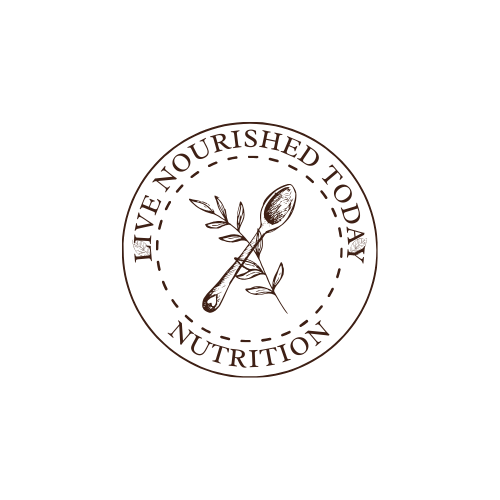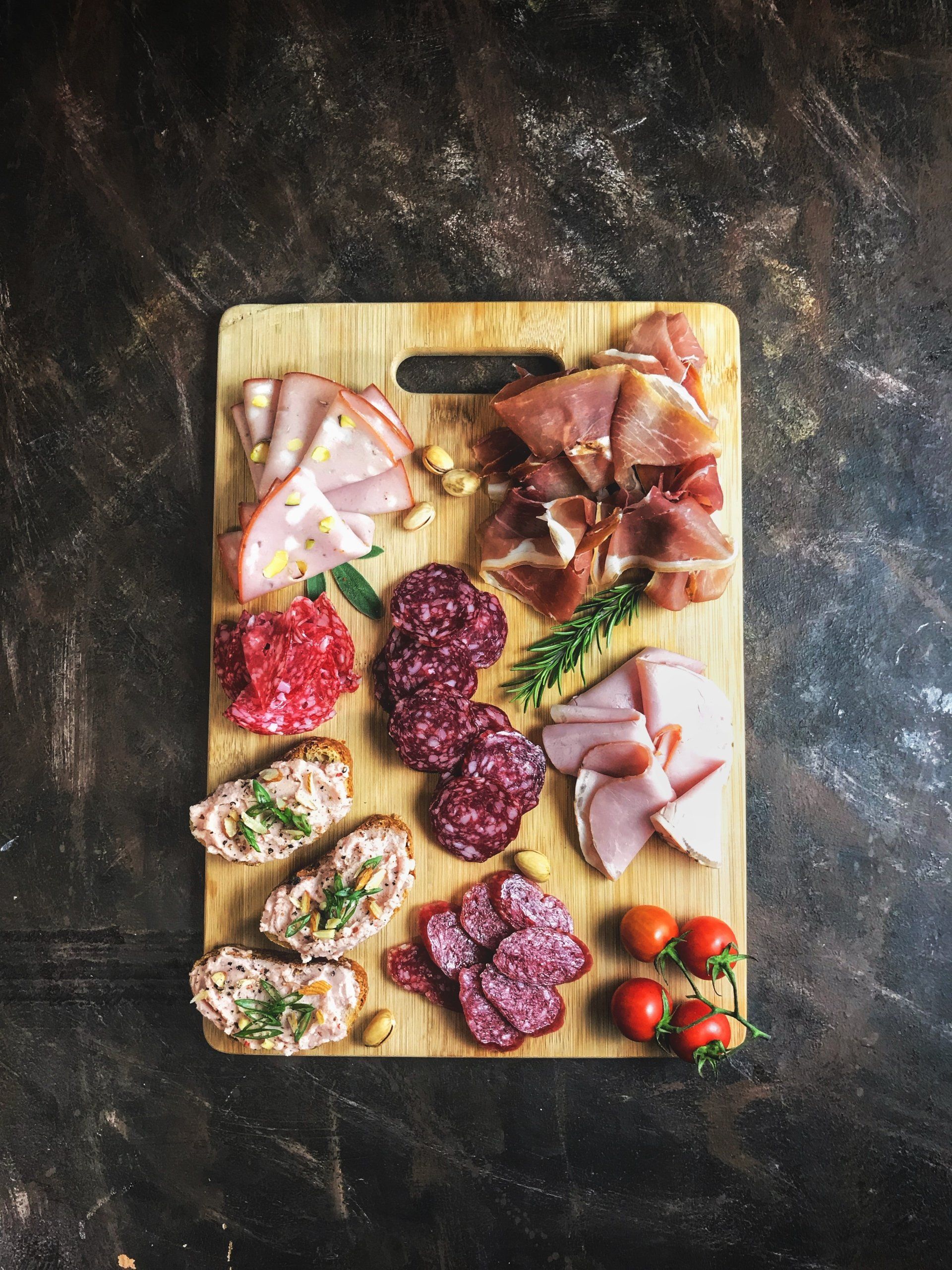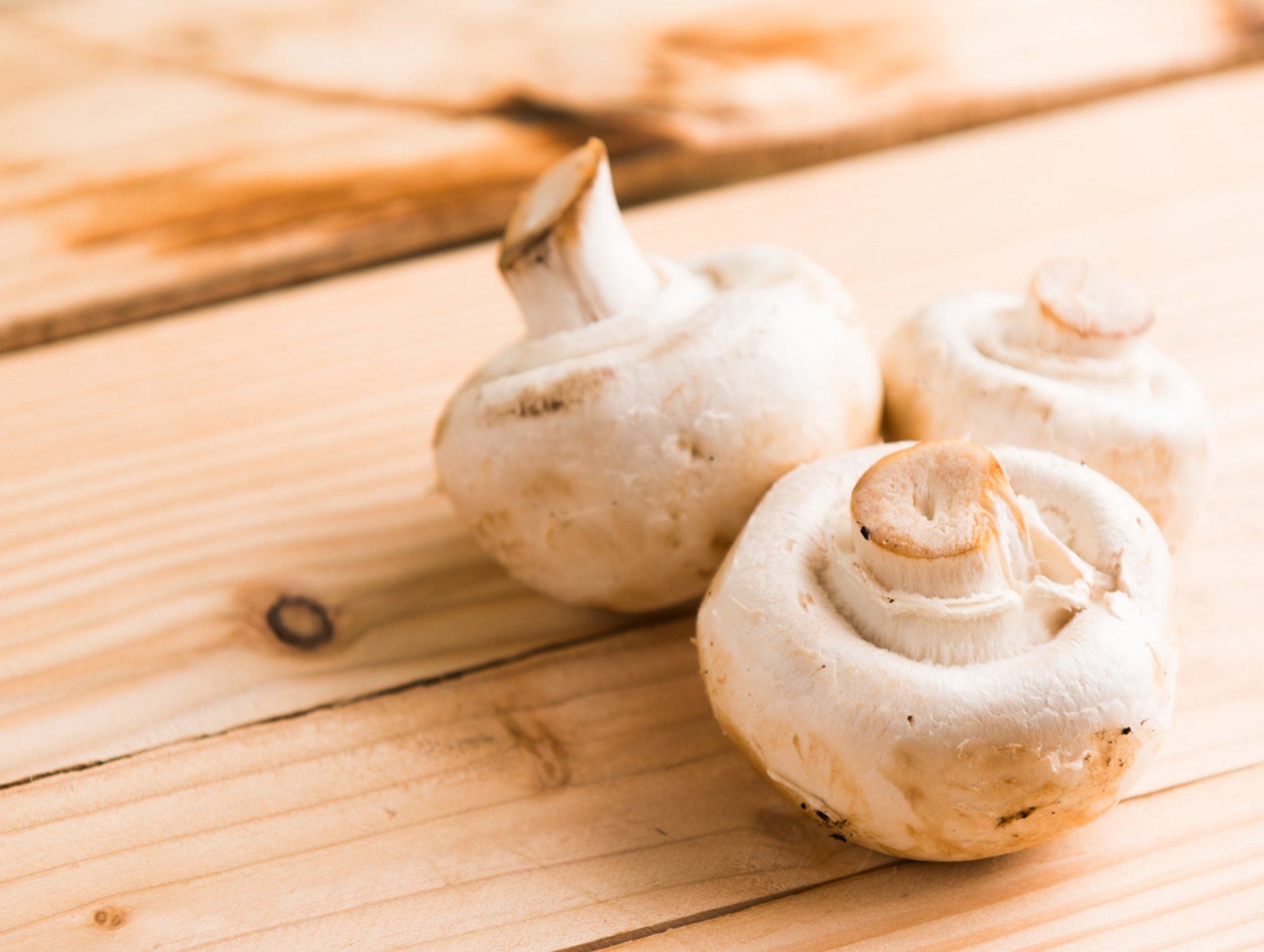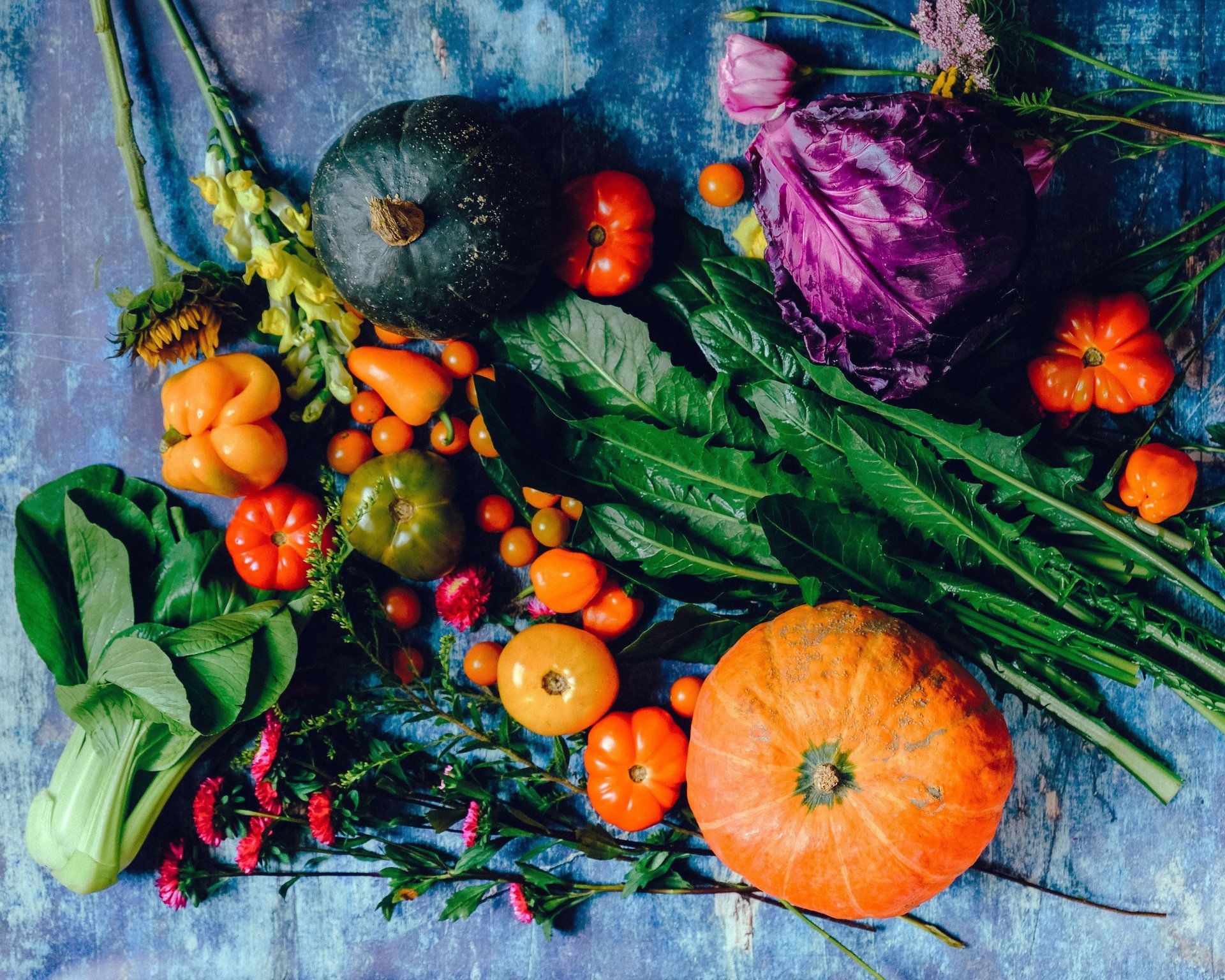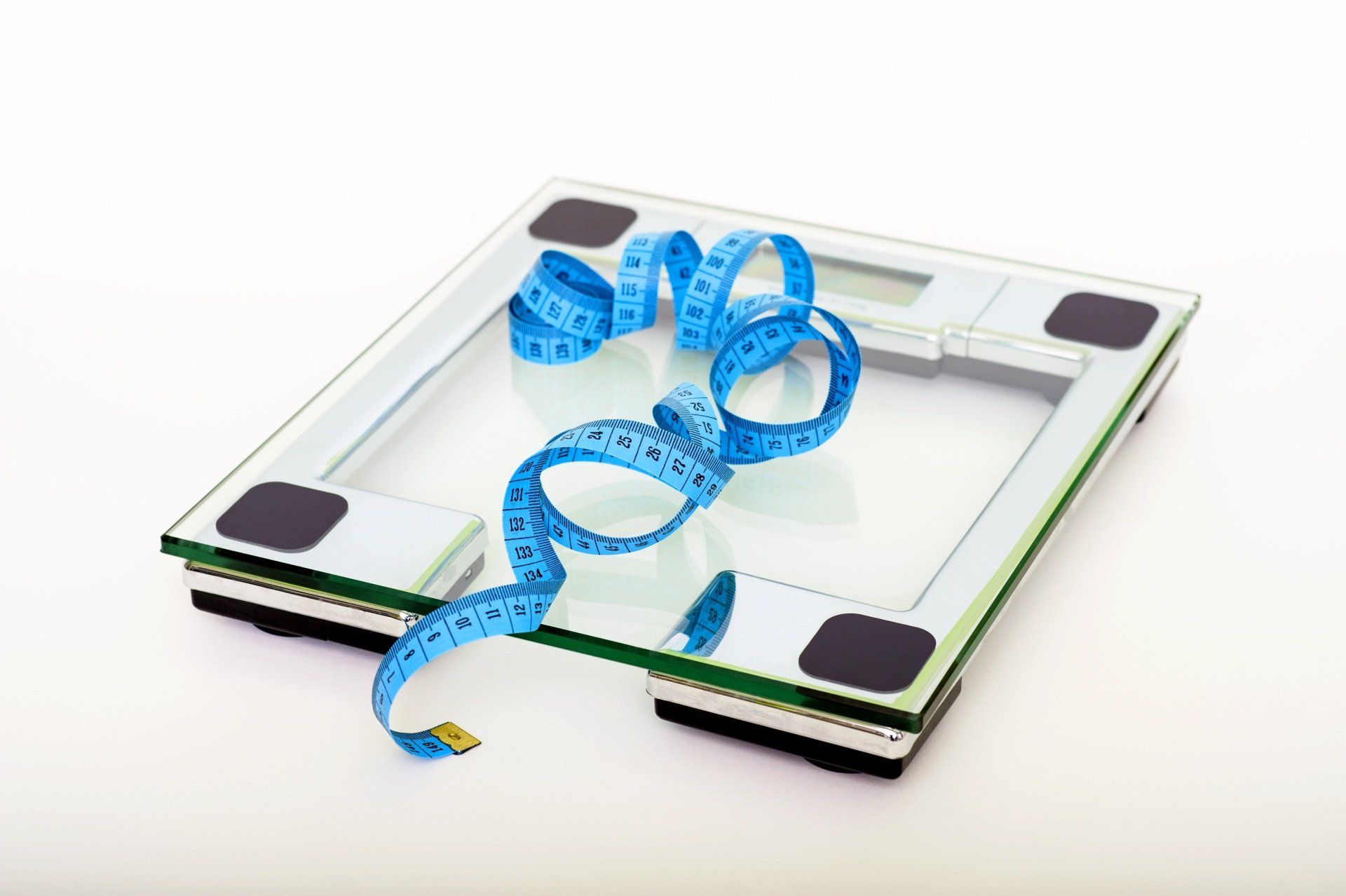In The News
Do You Need Help With Your Eating Habits?
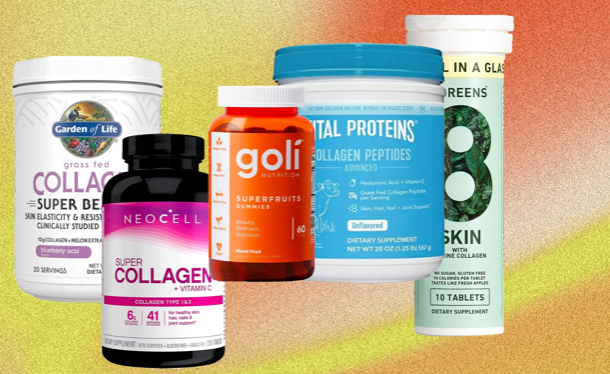
What is collagen? Collagen is the most abundant protein found in our skin, bones, tissues and tendons. It’s a fiber-like structure that's used to make connective tissue. Our bodies produce collagen on its own. Collagen helps us with giving structure, support and strength to our skin, muscles and bones. It’s responsible for healthy joints and skin elasticity. What happens to collagen as we get older? As we age, our body produces less collagen and our joints begin taking more wear and tear. This decline in collagen can cause our bones and joints to become stiffer and brittle over time. So how can we optimize how much collagen we make? A major factor that can optimize how much collagen we make is what we eat and how much we eat. If we aren’t consuming enough food and calories that our body needs, then we won’t have the power to make enough collagen. If we restrict ourselves, our body switches to survival mode and won’t be producing much collagen. Additionally, we need to be eating enough protein. If we get enough protein per day, then our bodies should be able to make the perfect amount of collagen for us! This is because the amino acids needed to make collagen are found in protein. Aim to get 25-30 grams of protein each meal. Different lifestyle factors can also either promote or reduce collagen production. Smoking, excessive sun exposure, and consuming alcohol can decrease the amount of collagen your body produces. Where is collagen found in - other than supplements? Collagen is naturally found in bone broth, chicken, eggs, sardines as well as other fish, and the bones of animals. These foods here are all complete proteins which means they include all of the amino acids our body NEEDS to get from food since we can’t make enough of it on our own. Complete proteins are the most optimal sources of protein for our bodies. So should I take a collagen supplement? There are potential benefits of taking collagen supplements. Studies were conducted that showed that collagen supplements produced a significant decrease in osteoarthritis stiffness but not in pain or functional limitations. While another study found that collagen supplements gave significant relief from osteoarthritis-associated pain in the short term, but there was not much evidence to support this. Another potential benefit is for your skin. Studies have found that taking collagen improve skin hydration reduce visible signs of skin aging, including wrinkles and skin dryness There's no evidence that there are harmful effects of taking a collagen supplement. If you’d like to try it out and see if it improves your skin, hair, nails, or joints, go ahead! But, realize adding in a collagen supplement is more money and another extra thing you need to check off your to-do list. It is NOT a complete protein, but an incomplete protein so if you are considering a supplement, it should not be used as an alternative to eating protein from food. An incomplete protein does not contain all of the essential amino acids that our body needs to get from food so, if we only rely on collagen as a protein source, our bodies will be missing out and we won't get the fuel we need to make new proteins. Keep in mind that incomplete proteins can combine with other incomplete proteins, to make a complementary protein with all of the essential amino acids. So, if you want to take a collagen supplement, don’t solely depend on it for protein and instead use it on the side with food!
Let's Talk
The first step in therapy is talking. Let's find a time where we can meet and talk about what's on your mind.
